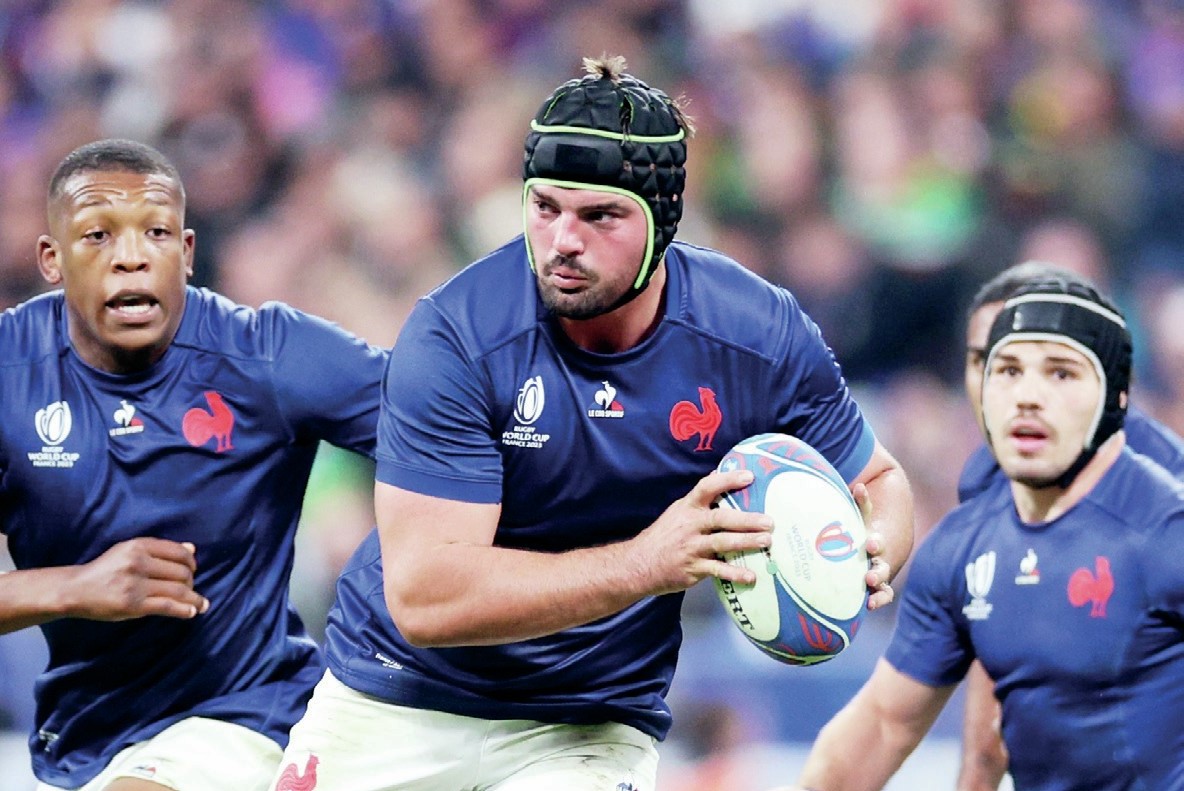Galthie looking for mix of renewal and continuity

1737690148
Categories: Six Nations
Six Nations team-by-team previews: France
James Harrington anticipates an Era of Expectation from the side who stalled at the World Cup
Fracncehead coach Fabien Galthie and new captain Gregory Alldritt fulfilled their Six Nations media launch duties by video conference, as did England skipper Jamie George, after Storm Isha stopped them all travelling to Dublin.
In truth, they probably weren’t disappointed to trade a day of interviews and media flesh-pressing at the Guinness Storehouse for a shorter stint in front of a computer at Marcoussis, before getting back to the important prep work....
Continue reading...
Access all our premium content from as little as 14p per day!
Already a subscriber to our website? Login